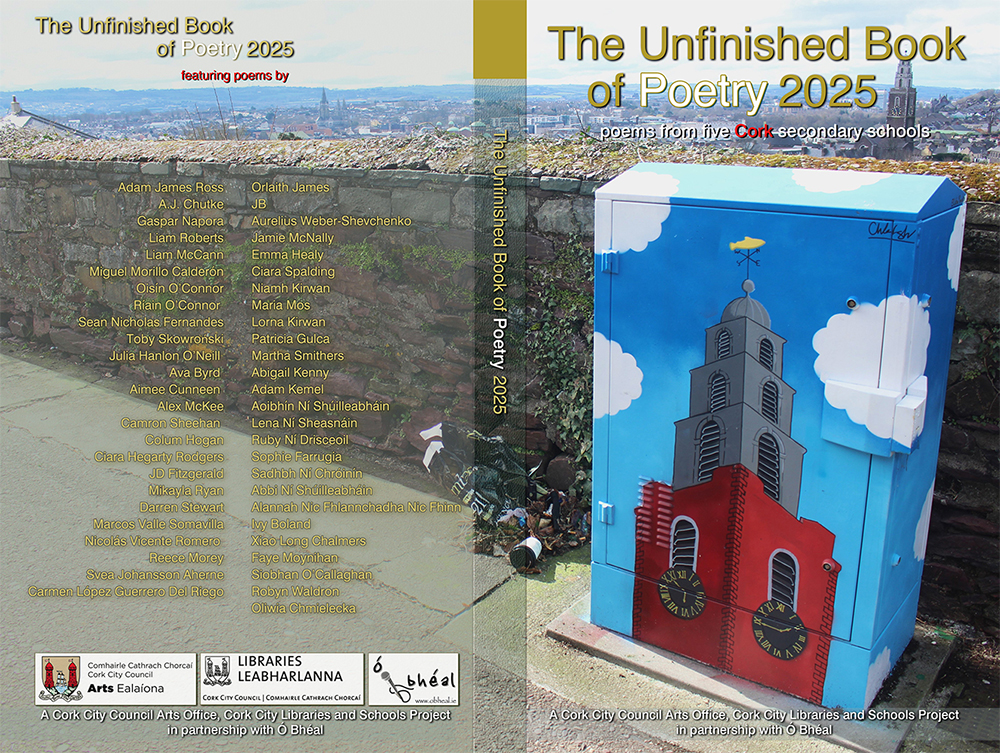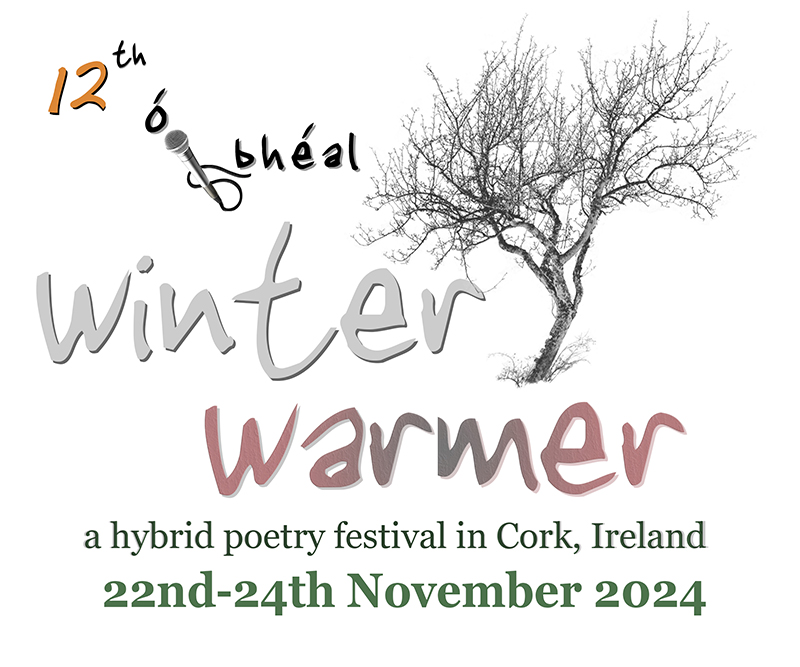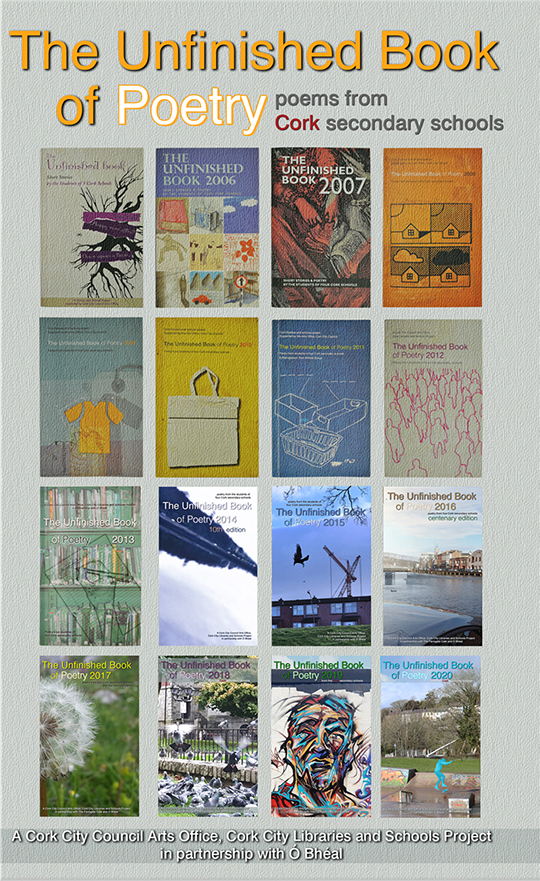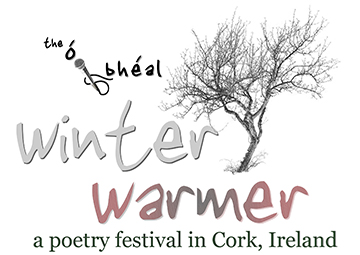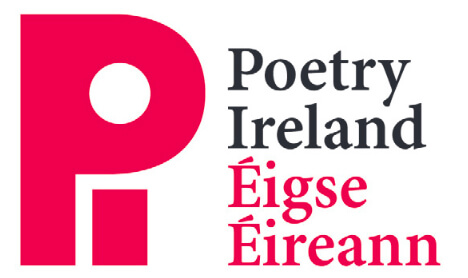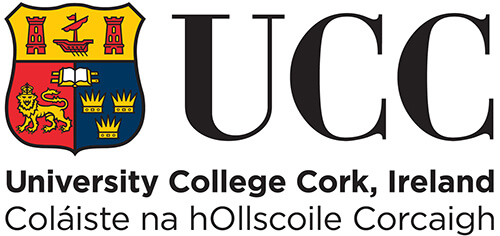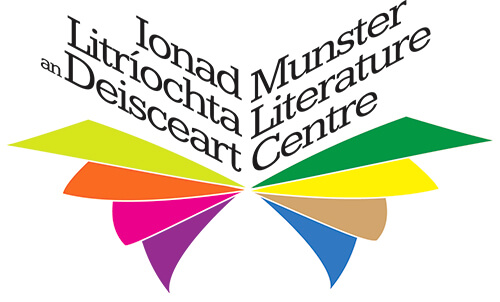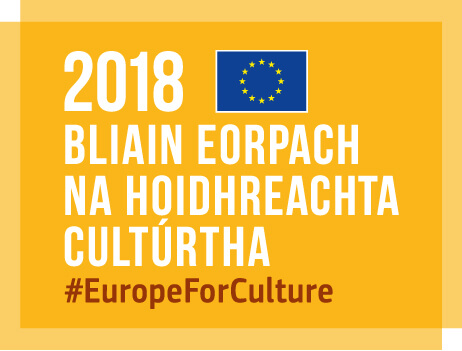Interviewed by Jennifer Matthews
JM: I was quite interested in your statement, ‘Poetry has become my personal mythology.’ It strikes me as more important than saying something like ‘Poetry is my personal history.’ Can you tell us more about the connection you see between poetry and (personal) mythology?
SC: I love studying history and one day I want to go back to University here in Ireland to study archaeology and history. But, as I said on the night, my own belief is that mythology is a people’s or a person’s attempt to redefine the world so that they may better understand it. It is not just a relation of incidents. Mythology reshapes the very essence of concepts and events so that many more people can understand. There is an importance in everything when mythology is concerned. Landscape has power and meaning beyond its physicality.
My poems have become an extension of my personal mythology because they reshape events, moments, experiences, and feelings. My poem “Rooster” was based upon my first memory, being attacked by a rooster, but that poem isn’t a history of the incident. It is a redefinition of that experience which is much more than a simple relation of what happened. I was able to channel both the thoughts of myself as a three year old and myself as an adult looking back to create a new story. That is something that mythology has that history can never duplicate.
JM: Can you tell me something about your writing and revising process? Do you get help from other writers when revising? Do you do many drafts?
SC: A lot of my poems are written with intent, and by that I mean that I normally have an idea of what I’m writing that is formed by a root image or phrase. The base of each of my poems is usually made from impressions that I record in various notebooks; phrases, words or images that stick out in my mind. It can take many drafts or very few drafts to get the right flow, ease of transitions, word images, enjambments and everything else that make a finished poem a finished poem. What is very rare is to write a poem straight through and to look back on it and know that it’s finished. Those are pure gems.
JM: The O’Bheal audience really responded to your poem about a bypass being built in a rural area. Is industrialisation a theme you are particularly interested in addressing as a writer? Are there any other topics you’re particularly interested in?
SC: That poem, “Bypass”, was inspired by the effect that a scarred hillside had on me. However, industrialisation is not a theme that I have touched on often. Any time that I have, it is usually prompted by the effect that industrialisation has had or is forcing upon the landscape.
JM: I particularly enjoyed the loving description of the Kentucky landscape found in your poetry. Do you feel that the landscape of home can have a strong influence on writers?
SC: I can’t speak for other writers, but the landscape of home has certainly had a strong influence on me. I grew up on a farm in rural Kentucky, where there weren’t many close neighbours and even fewer kids. The development of my own imagination was heavily influenced by the countless hours that I spent in the fields and the forest. In fact, after my family, the land of Kentucky is the only other aspect of America that I really and truly miss. I was lucky that my upbringing gave me an early appreciation of nature, which has only grown as I have grown, and I take that appreciation wherever I go.
JM: Has establishing your life in Ireland had any particular influence on your writing?
SC: I’m not sure if establishing my life here in Ireland has had any singular influence on my writing, however I don’t doubt that Ireland has strongly influenced the poems that I have produced. I’ve certainly grown as a poet during my time here and there are future projects already planned which are directly related to Ireland. I think that the knowledge that I live on an island that for thousands of years has respected the art of poetry, in all its various forms and purposes, gives me a great sense of comfort and confidence to continue to write.
Seán Callahan has recently published his first chapbook of poems, Lore.
